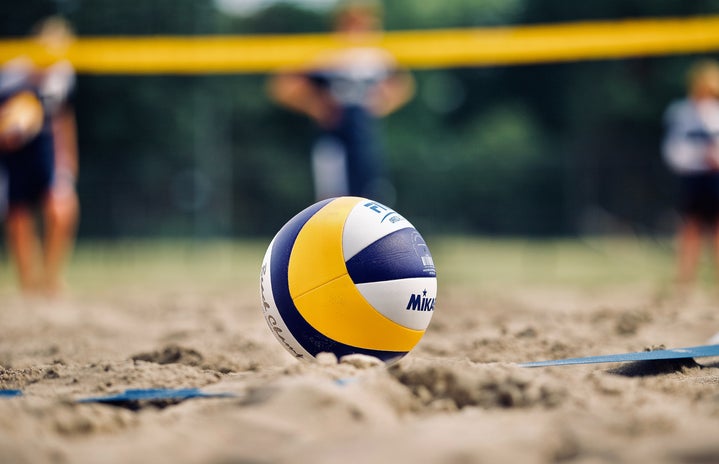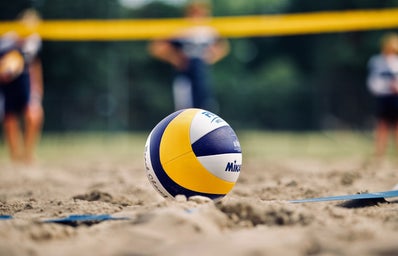Women’s beach volleyball is a strenuous and demanding sport that draws international crowds yearly. However, in recent news, there is less of a focus on the sport itself and more of a focus on the uniforms of the women athletes. This coming March 8-12, the men and women’s World Tour FIVB volleyball tournament was set to play in Doha, Qatar. As a result of the strict beliefs about the modesty of women, the tournament instructed all female athletes that they must wear long sleeves and pants in order to compete. Taking a stand against this rule, German athletes; Karla Borger and Julia Sude have decided to boycott the Qatar tournament in direct protest.
For years there has been this stigma surrounding women’s volleyball, sexualizing the women beach volleyball professionals. Dealing with constant objectification due to their attire, Borger and Sude decided to make a statement. Rather than deeming the sport as a representation of athleticism and skill, many choose to concentrate on the beauty and physical attributes of these professional women competitors. The FIVB required uniform for women’s volleyball range from various types of coverage, consisting of; long sleeves, tank tops, shorts etc. yet the most practical outfit is a bikini. Nowhere is it stated that the athletes have to wear bikinis, just as nowhere it is stated that they do have to wear bikinis. The decision is up to the individual athlete and their preference of uniform. For complete control and maximum talent, many women beach volleyball players choose to wear bikinis, which allow them to perform their jobs to the utmost ability.

The forcing of a dress code onto the women beach volleyball athletes for the FIVB tournament was speedily reversed after the slack received from two well-respected veterans of the sport, Borger and Sude’s, departure from the competition. This is the first women’s beach volleyball tournament in Qatar and the second women’s beach volleyball competition to be held on the Arabian Peninsula. Asking the athletes to perform outdoors, in the heat of the Arabian Peninsula, and fully clothed would have restricted their skills from exhaustion alone. Heat and humidity are vital factors to take into consideration when determining the location of an outdoor sporting event. In addition to the weather, Qatar’s spotty human rights history and scarcity of a sporting past create a potentially problematic atmosphere as a venue. The withdrawal of the dress code, forced or willing, is a hopeful step in the progressive direction for the women’s sports world.
Karla Borger and Julia Sude, the German duo, took a stand against the dress code oppression of Qatar, by simply denying to work in anything other than their work clothes. The double standard that is women’s volleyball demands these athletes to perform at the highest levels; however, judge what they wear to do just that. With the FIVB World Tour taking place in Doha, Qatar while allowing the women to perform in the uniforms of their choosing, there is hope for progress in the way women athletes and sports are viewed.
Want to see more HCFSU? Be sure to like us on Facebook and follow us on Instagram, Twitter, TikTok, Youtube and Pinterest!



